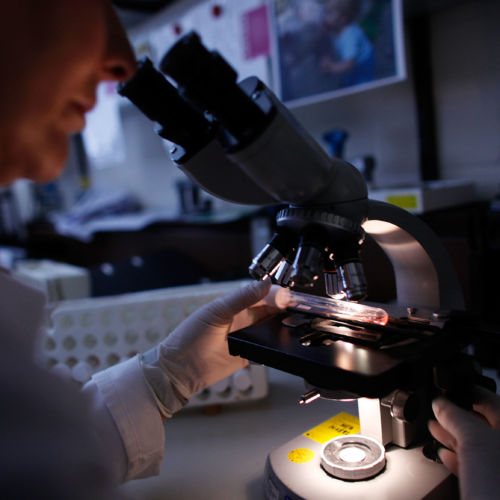The end of January 2015, US President Barack Obama announced the implementation of "precision health plan" (Precision Medicine Initiative, PMI) . PMI is committed to giving everyone personalized care , that is, "the right treatment for the right people at the right time," and the National Institutes of Health (NIH) defines precision medicine as follows: "Based on understanding individual genes, New disease treatment and prevention methods based on environment and lifestyle.†In 2016, the US FDA invested US$215 million and recruited 1 million volunteers in an effort to advance precision medicine from concept to clinical application. Since the announcement of the plan, the scientific and technological community, the medical profession and the industrial sector have all been rejoicing, but contrary to the strong interest of all walks of life, it is difficult to keep up with the progress of research on the reimbursement of precision medical care. Insurance companies are not sure whether they should pay for the genetic testing necessary for precision medicine, and this has deeply affected biotech companies that develop genetic technology. In addition, the inaccuracy of research data and results also makes accurate medical names inconsistent. The Arterial Network (WeChat: VCbeat) compiles an article in the journal Science that takes you through the details of the inaccuracies of the research results and the threats to precision medicine. The author is Spencer Phillips Hey, Ph.D., Research Fellow, PORTAL, Brigham and Women's Hospital, faculty member, Center for Bioethics, Harvard Medical School; Aaron S. Kesselheim, MD, Brig Associate Professor of Medicine, Women's Hospital, Director of PORTAL. The goal of precision medicine is to become a “change†and fundamentally change the current “one size fits all†medical model. For ordinary Americans, especially cancer patients, precision medicine is more targeted and therefore more effective. But in many cases, contrary to the goal of precision medicine, the scientific support behind these targeted treatments is not very accurate, and the results are also highly uncertain. The authors believe that there are three main obstacles to the advancement of precision medicine: 1. Researchers often do not rigorously test biological theories that explain the efficacy of targeted therapies; 2. For those who judge whether patients are suitable for the corresponding treatment The diagnostic test, the researcher Want Want failed to determine its accuracy; 3. The lack of collaboration between researchers led to inefficient research. Biological theory is very important. In the past, researchers did not need to be aware of the utility of the drug, as long as it improves health or saves lives. For example, statins were originally thought to prevent heart disease by lowering the amount of harmful low-density lipoprotein cholesterol in the blood, but in fact it is cardioprotective by inhibiting inflammation. The implementation of precision medicine is different. First, it identifies genes or proteins that are at the root of a particular disease or condition through basic research. Second, drugs are developed to modify the gene product or block the action of the protein. Finally, create a diagnostic test to identify the person carrying the gene or possessing abnormal protein levels and give them the appropriate drug. All of the above steps are based on biological theory, but it is important to be aware that these theories are likely to be wrong or incomplete. Take cetuximab (Erbitux) as an example. The drug was developed as a precision drug for the treatment of metastatic colorectal cancer and was approved by the FDA in 2004 for use in tumor patients with positive EGFR (EGFR). However, the key clinical trials that approved the drug were not included in any EGFR-negative patients. This problem is very serious because it makes it impossible to test the key biological hypothesis of the drug, that cetuximab does not benefit EGFR-negative patients. The researchers later found out that the production of EGFR was essentially unrelated to whether patients with metastatic colorectal cancer could benefit from cetuximab. Conversely, another gene mutation genetic marker called the Kart Sarcoma Virus Oncogene (KRAS) can better predict who will benefit from the drug. An insulin pen injector is a medical device used by people with diabetes
to inject insulin into their body. It looks like a pen and has a
cartridge filled with insulin that is inserted into the device. The pen
has a dial that can be turned to select the desired dose of insulin, and
a button that is pressed to inject the insulin into the body. Insulin
pen injectors are convenient and easy to use, making it easier for
people with diabetes to manage their insulin therapy. They are available
in both disposable and reusable forms, and can be used with different
types of insulin. Insulin Pen Injector,Insulin Glargine Pen,Disposable Pen,Insulin Pen Cartridges Shanghai Enjosim Medical Technology Co., Ltd , https://www.enjosimmedical.com
Precision medical inaccuracy has threatened medicine
Prev Article
Pighouse ventilation management considerations